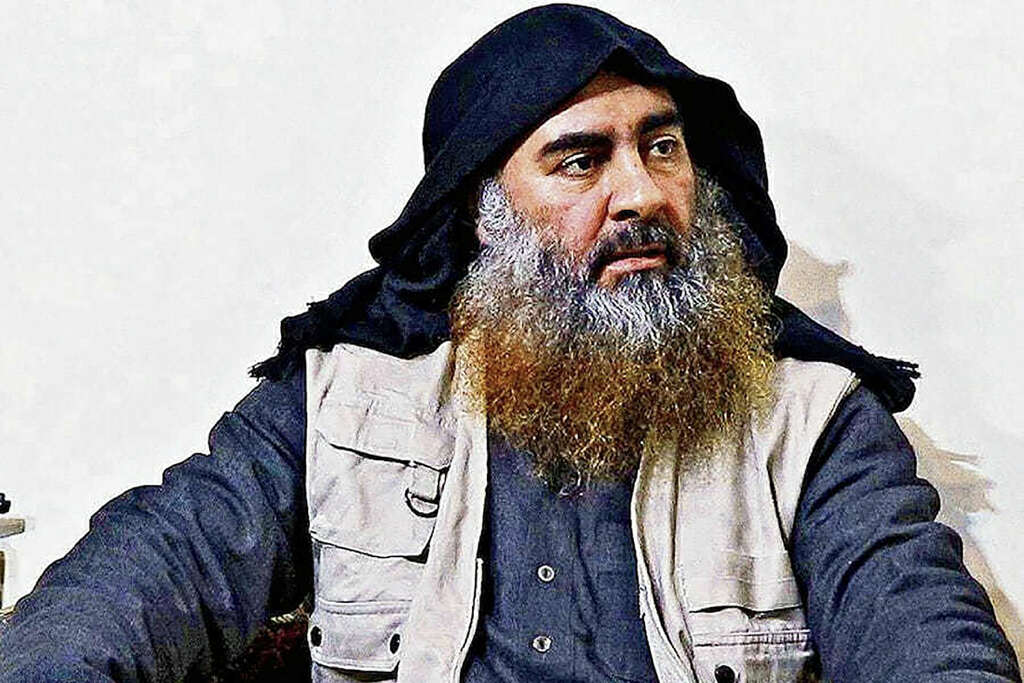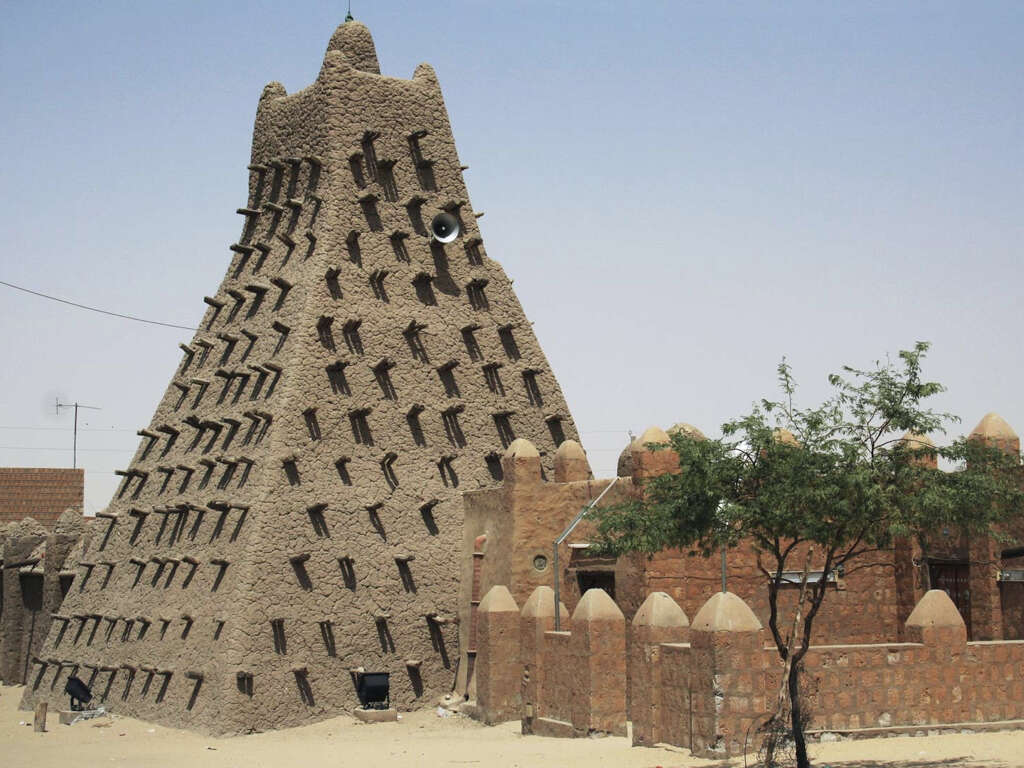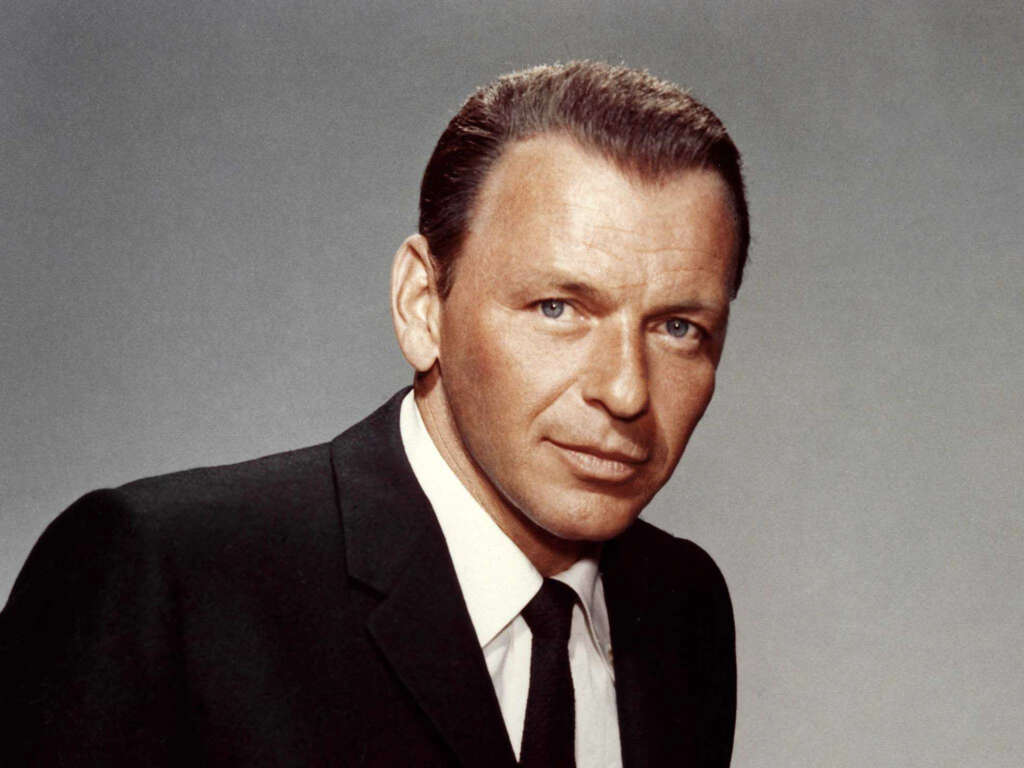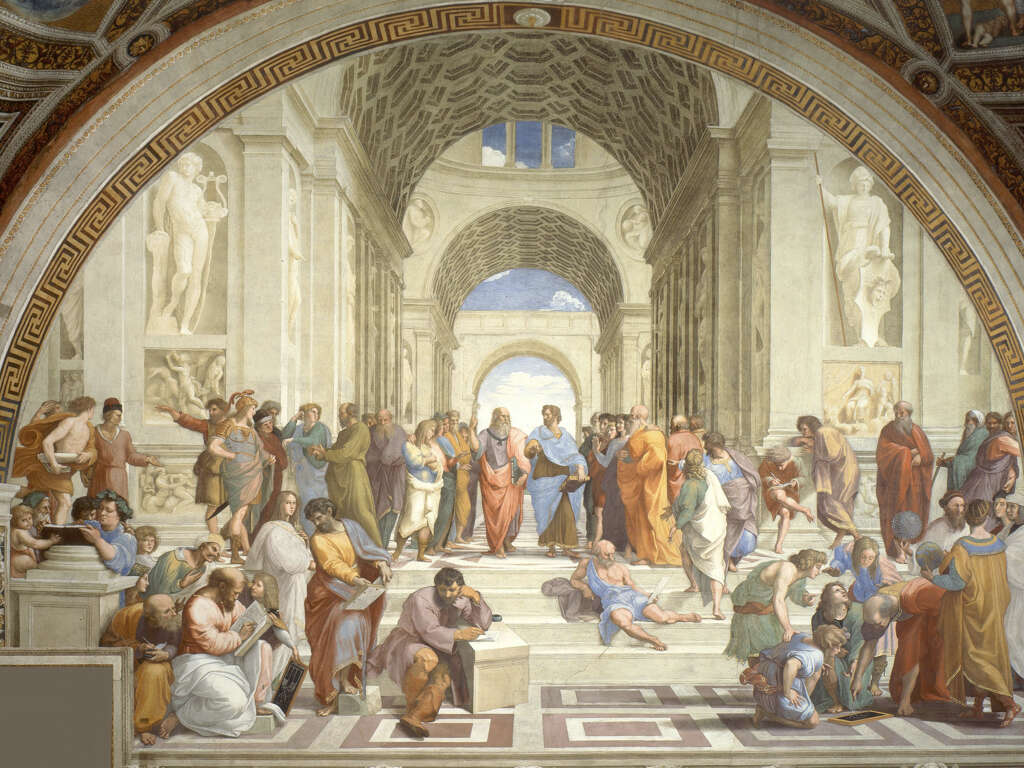What Is a Caliphate?
Since the dawn of Islam, the world has seen a number of caliphates. These are states or regions that come under the leadership of a caliph somebody who is considered to be a leader of the Islamic people. Caliphs have generally existed in the Middle East, which is where the Islamic religion was founded.
Caliphates have developed a bad reputation recently because of the association with ISIL, the extremist terrorist group. It is not necessary for a caliphate to have such characteristics, however, and they have often been peaceful in nature. Here, we take a closer look at what a caliphate is and some examples of them in history.
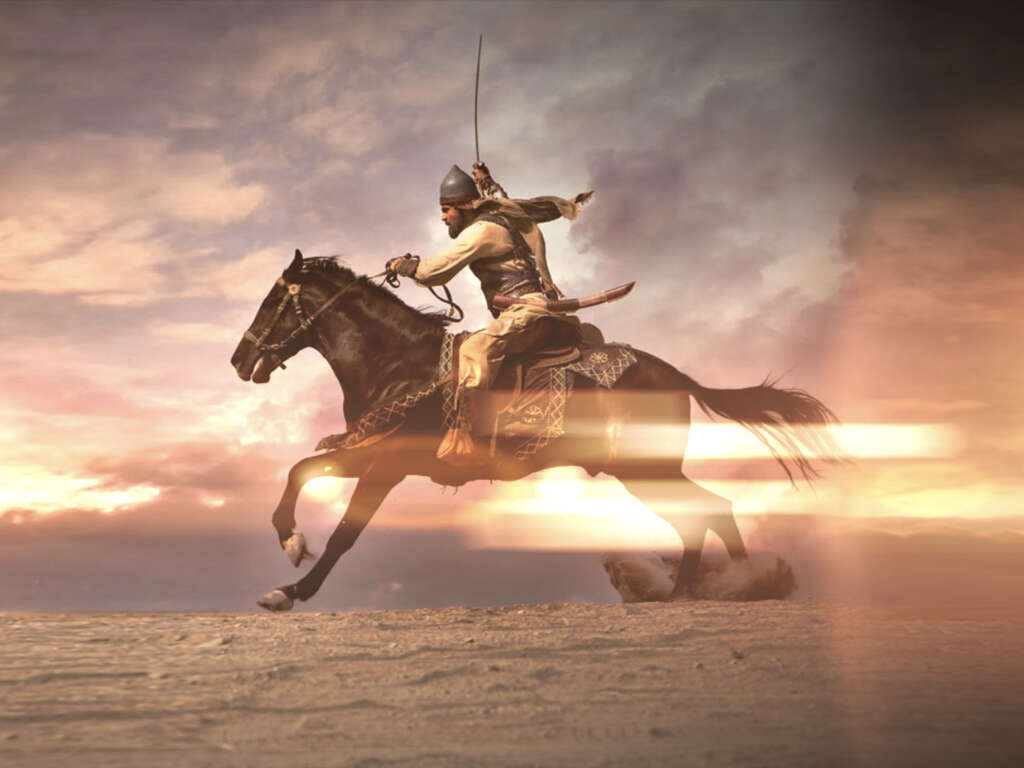
1. Caliph
It is common for religions to have a leader; somebody who is considered to be the holiest of them all and somebody whose word should be followed. In Roman Christianity, for example, the head of the church is the Pope, and there are tiers of other ranks of leaders below him. In Islam, a caliph is somebody that is considered to be a spiritual leader for Muslims and of the religion itself. A caliph is typically somebody who is thought to succeed from the prophet Mohammed as a leader of the religion. The word comes from the Arabic word khalfah, which means successor.

2. Mohammed Was Not a Caliph
In Islam, Mohammed is considered to be a prophet; a messenger from god. Muslims also believe that Mohammed cannot be replaced. Bearing in mind that the word caliph means successor, this means that Mohammed was not a caliph himself, but rather caliphs are a successor to Mohammed.
Mohammed was the founder of the Islamic faith and is considered to be by far the most important person in the faith or, indeed, the most important person ever regardless of religion. Jesus (s ibn Maryam) is also thought by Muslims to be a prophet of God (but not the son of god), and the penultimate messenger of god.

3. Qualifications
After Mohammed died, there was much discussion about who qualifies as a caliph. It was up to the elders at the time to choose and they looked for certain characteristics in a person if they were to be considered to be worthy. The caliph was always chosen and it is not a hereditary position. In the early days, somebody would have had to be an early convert to Islam for them to be considered worthy.
They are also expected to be courageous, truthful, and generous. In addition, they were expected to be wise and any caliph is also expected to be very well versed in Islam.
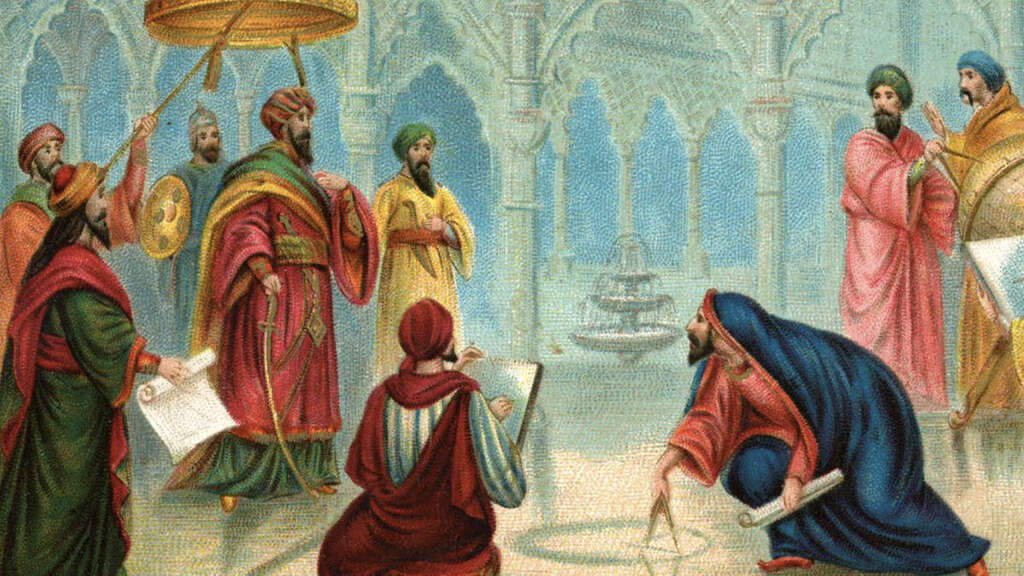
4. Caliphate
A caliphate is a government that is headed by a spiritual leader of the Islamic religion, a position known as a caliph. Sometimes, it is nations that are considered to be caliphates while, at other times, entire regions might be a caliphate. Stretching across several nations, a caliphate will often be quite diverse in terms of ethnicity and other demographics.
In the past, some caliphates have grown considerably in size once they have been founded. This is largely because Muslims are called upon to support the caliphate, encouraging them to come from far and wide. Caliphates have also used warfare in the past to expand their boundaries.

5. The First Caliph
The first caliph was appointed shortly after the prophet Muhammed died. Islam needed a leader to help guide the Muslim community and Muslim elders wasted little time in appointing a successor. Mohammads father-in-law, Ab Bakr, was appointed to the position by the elders of the time.
When Mohammed was still alive, Bakr was his closest adviser and companion. Bakr was the father of Mohammeds third and favorite wife: ishah. During his reign, Bakr was credited for quelling political uprisings and also for beginning the Muslim conquests of Syria and Iraq. His daughter, ishah is considered by many to be the most important woman of Islam.
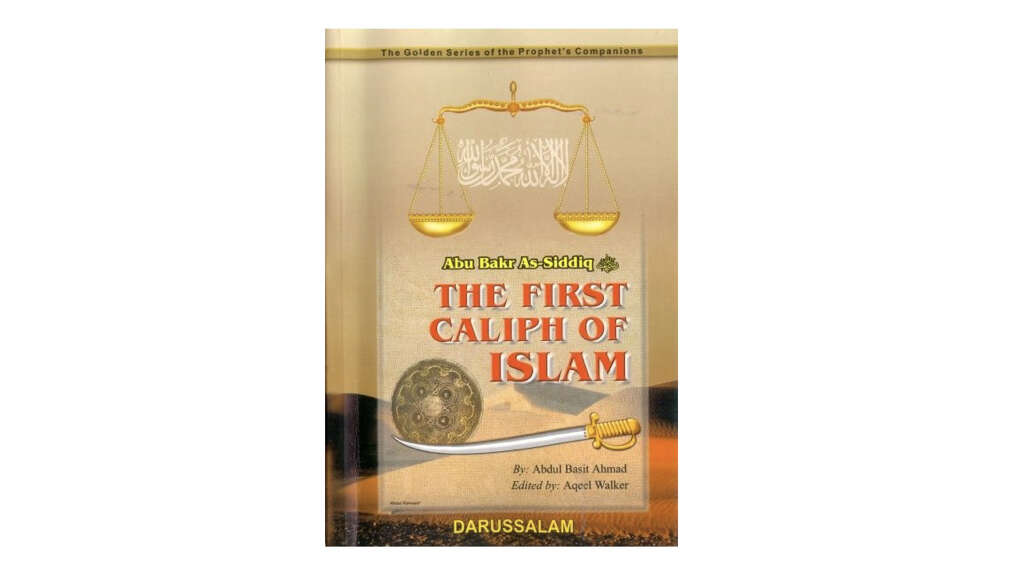
6. Umar ibn al-Khab
After Ab Bakr died, Umar ibn al-Khab was appointed to be the next caliph. The official title of the position at the time was khalfat khalfat rasl Allh, which meant: the successor to the successor of the messenger of god. This title was awkward to say, however, so Umar shortened it to khalfat Ab Bakr (successor to Ab Bakr).
In addition, Umar also gave himself the title of “amr al-muminn,” which translates into “the commander of the faithful.” Umar was a companion and advisor to the previous caliph, Ab Bakr, and it was he who advised Bakr to ensure that the Quran was written down.

7. Uthmn ibn Affn
The third of the caliphs was Uthmn ibn Affn, who was a son-in-law of the prophet Mohammed. Uthman was aged around 65 years old when he was appointed to the position, making him the second oldest person to have held the position. He also held the position of Dh al-Nurayn, which translates as “The Possessor of Two Lights,” a title he held because he was married to two of Muhammeds daughters.
Under Uthmns rule, the Islamic empire grew further, expanding into what is now Afghanistan and Iran. Uthmn was also responsible for having the Quran compiled and standardized. Unrest and protests plagued Uthmns rule as caliph and he would ultimately be assassinated after an armed revolt.
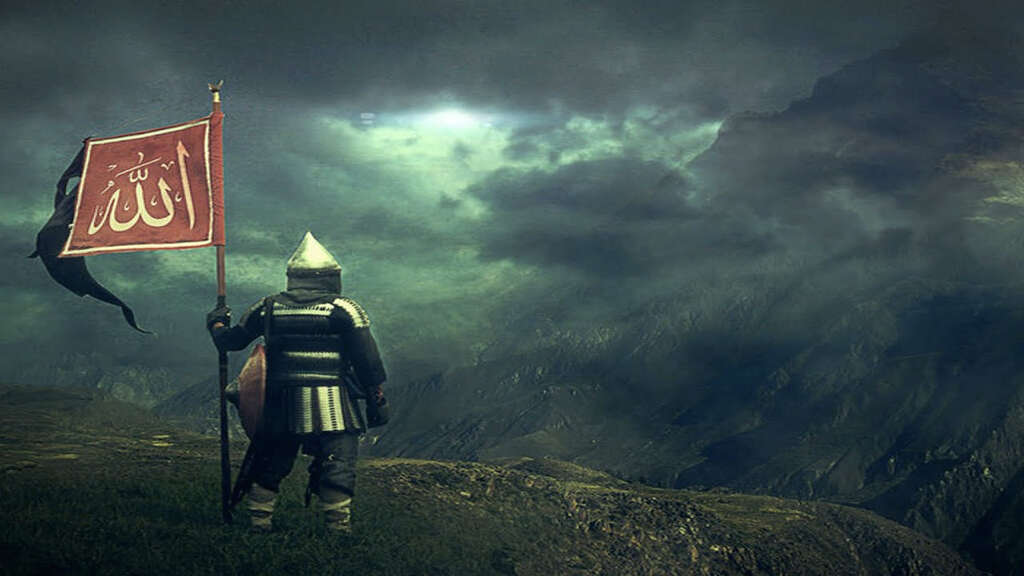
8. Al ibn Ab lib
Al ibn Ab lib was the fourth caliph and was the son-in-law and cousin of the prophet Muhammed. He was also the last of the rshidn, which translates as the “rightly guided” caliphs. Rshidn is a title that was also held by the previous three caliphs. He is considered by Shia Muslims as the first Imam. Al was born in the Kaaba in Mecca, which is Islams holiest place.
He was close to Mohammed and protected him from an early age and he was the first male to convert to Islam. Al was known to be a kind ruler and cared about the well-being of Muslims. His reign saw civil wars as different sects of Islam emerged and, in 661, he was assassinated in the Great Mosque of Kufa.

9. Shiite vs. Sunni
As mentioned, Ab Bakr was made the first caliph by the elders, and Sunni Muslims recognize him as such. Some Muslims, however, believed that Muhammed himself appointed Al ibn Ab lib as the first caliph and they don’t recognize Bakr as the first to truly hold that position.
Sunni Muslims believe that the heirs of all four of the first caliphs are legitimate leaders of Islam. Shiites, however, only see the heirs of Al ibn Ab lib as legitimate. This is one of the main differences between the two sects, and there has been much dispute, and even violence, between the two due to their differences.

10. Al-Baghdadi
There have been other caliphs in addition to the first four and the Ahmadiyya caliphate is still in existence today. One of the most notable “caliphs” of recent years, however, is Ab Bakr al-Baghdadi. Al-Baghdadi was born in Iraq and would go on to become the leader of the Islamic State of Iraq and the Levant (ISIL).
In 2013, al-Baghdadis ISIL expanded into Syria. In 2014, he was named as caliph and requested that Muslims from all over the world joined his caliphate. Hundreds of thousands did and helped serve a horrific regime that saw countless human rights abuses and terrorist activities. He was killed by US special forces in October 2019. The vast majority of Muslims refuse to acknowledge his caliphate as legitimate.
